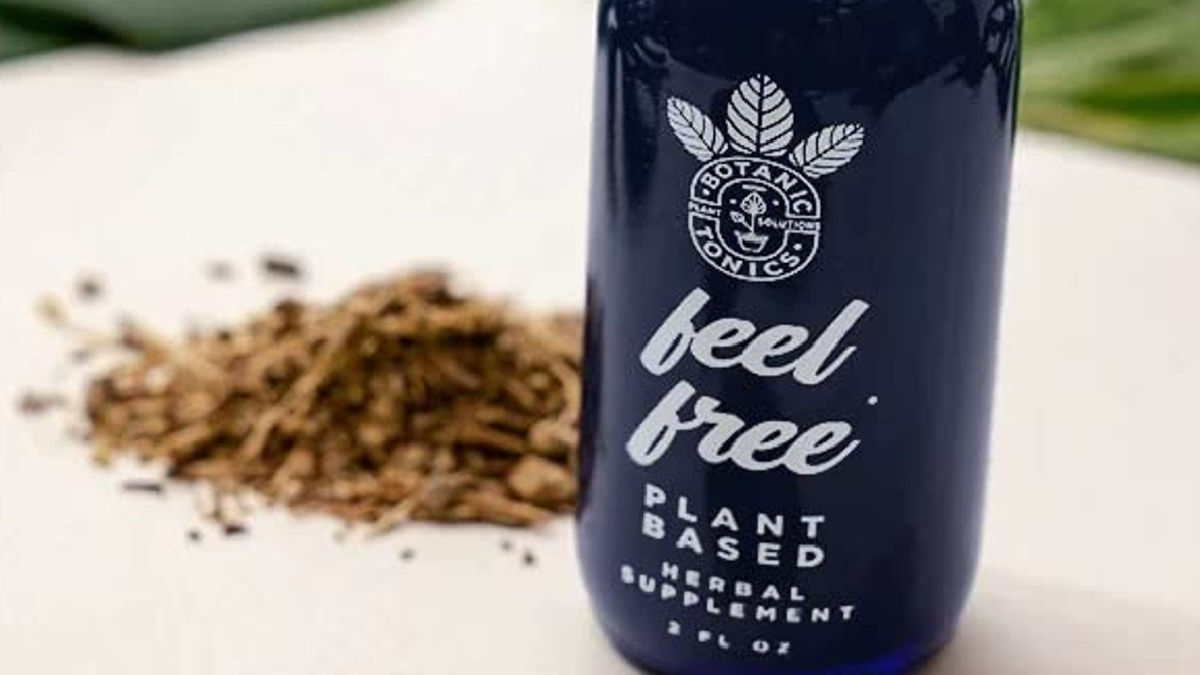In an era where wellness is at the forefront of people’s minds, individuals are constantly seeking new methods to enhance their health. One such avenue that gained traction in recent years is the Feel Free wellness drink, marketed by Botanic Tonics, a beverage company based in Santa Monica. Marketed as a kava-based beverage aimed at promoting focus and productivity, Feel Free positioned itself as a “feel-good wellness drink” and a “safe, sober, and healthy alternative to alcohol.” However, what began as a promising alternative soon turned controversial.
As the popularity of Feel Free grew, concerns emerged regarding its safety, particularly for individuals with a history of substance abuse. Allegations surfaced that the drink contained high concentrations of kratom, an herb with psychoactive properties, which led to addiction and adverse health effects for some consumers. Romulo Torres, in particular, filed a lawsuit against Botanic Tonics after claiming to have been hospitalized twice due to consuming Feel Free. Torres asserted that the beverage’s kratom content caused addiction, leading him to experience withdrawal symptoms and ultimately resorting to alcohol consumption once again.
Kratom, known for its compounds 7-hydroxy mitragynine and mitragynine, has drawn attention for its opioid-like effects and addictive potential. While legal in certain countries, including the United States, the Food and Drug Administration (FDA) has issued warnings against its consumption due to safety concerns. Despite this, Torres alleges that kratom is the primary ingredient in Feel Free, emphasizing its potential risks.
The controversy surrounding Feel Free extended to celebrity circles, with Rob McElhenney, star and co-creator of “It’s Always Sunny in Philadelphia,” sharing his experience with the drink. McElhenney described mistaking Feel Free for an energy drink, only to find it inducing a “high” instead. Despite doubling the recommended dosage in search of desired effects, McElhenney ultimately returned to alcohol consumption. While his experience did not result in hospitalization like Torres’s, it raised further concerns about the drink’s safety.
In response to the lawsuit, Botanic Tonics defended its product’s safety and quality standards, emphasizing adherence to industry regulations and product safety testing. However, the ongoing controversy underscores the importance of caution when consuming products marketed for wellness benefits. As the debate surrounding Feel Free continues, consumers are advised to prioritize their health and safety by thoroughly examining product ingredients and considering potential risks before consumption.

